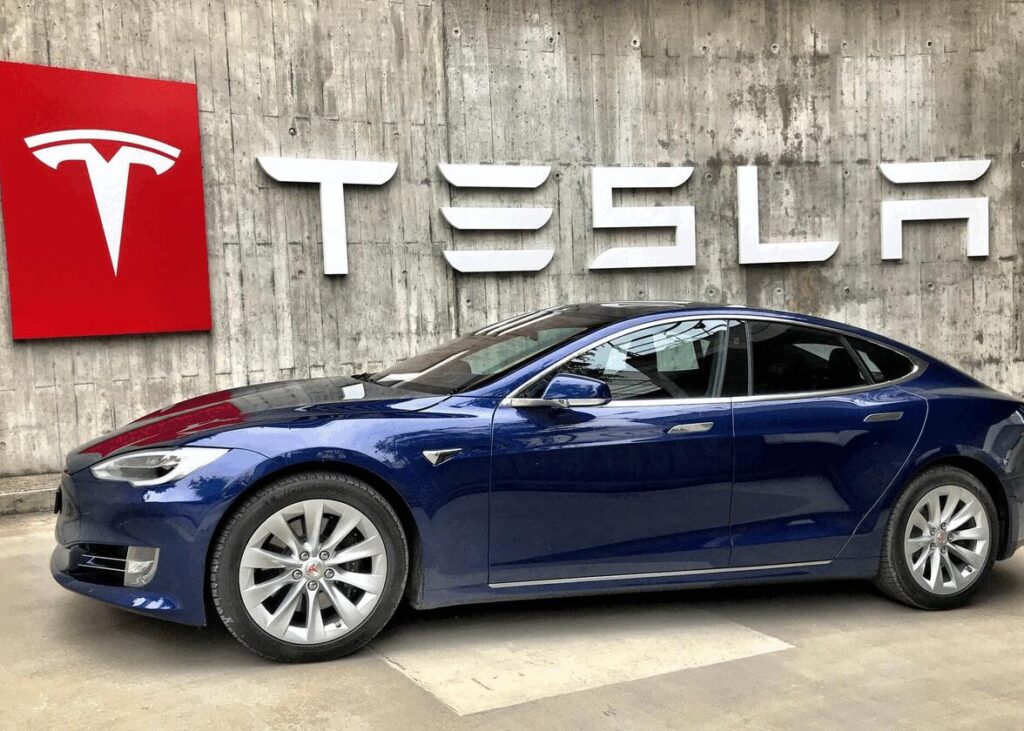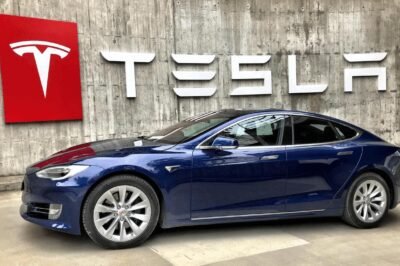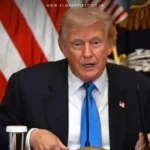
In a significant move to secure its global supply chain, U.S.-based electric vehicle giant Tesla has inked a strategic agreement with Tata Electronics to procure semiconductor chips, a critical component for its vehicles. This partnership marks a notable development in Tesla’s efforts to diversify its supply sources and deepen its operational footprint in India.
Key Details of the Tesla-Tata Partnership
- Strategic Procurement: The deal between Tesla and Tata Electronics focuses on the supply of semiconductor chips, essential for modern electric vehicles. The financial terms and specific conditions of the agreement have not been disclosed yet.
- Expansion and Investment: Tata Electronics, a part of the expansive Tata Group, has been ramping up its semiconductor manufacturing capabilities with facilities in Hosur, Dholera, and Assam. The company has invested a hefty $14 billion in its semiconductor business, aiming to become a significant player in the industry.
- Tesla’s Broader Strategy: This deal is likely part of Tesla’s broader strategy to mitigate supply chain risks that have previously impacted its production capabilities, particularly during the global chip shortage. By partnering with Tata Electronics, Tesla not only secures a new source of chips but also strengthens its relationship with the Indian market.
- Elon Musk’s Anticipated Visit: Elon Musk is expected to visit India soon, where he is likely to meet with Prime Minister Narendra Modi. This visit could coincide with major announcements regarding Tesla’s investment in India, including potential plans for establishing EV manufacturing facilities.
- Regulatory Benefits: Tesla’s move comes at a time when India has adjusted its import duty regulations to encourage EV manufacturing. Electric vehicles priced at $35,000 or higher can now be imported at a reduced duty of 15%, provided the automaker commits to setting up manufacturing operations in India with an investment of at least $500 million over three years.
- Focus Beyond China: Post-COVID, Tesla has actively sought to diversify its component sourcing away from China, focusing on essential parts like electric motors and battery packs. The partnership with Tata Electronics is a step towards reducing dependency on Chinese supplies and exploring new markets for growth.
- Future Prospects: The strategic alignment with Tata Electronics could potentially pave the way for Tesla to introduce locally produced electric vehicles in the Indian market, leveraging lower production costs and benefiting from the recent policy changes favoring EVs.
This strategic partnership could significantly impact Tesla’s supply chain resilience and its plans for expansion in India. With Tata Electronics’ growing capabilities in semiconductor manufacturing, Tesla appears well-positioned to meet its ambitious production targets while supporting its global supply chain diversification strategy. As details of the deal unfold, the auto industry will closely watch how this collaboration shapes the future of electric vehicle manufacturing and semiconductor availability for Tesla’s global operations.









































Leave a Reply